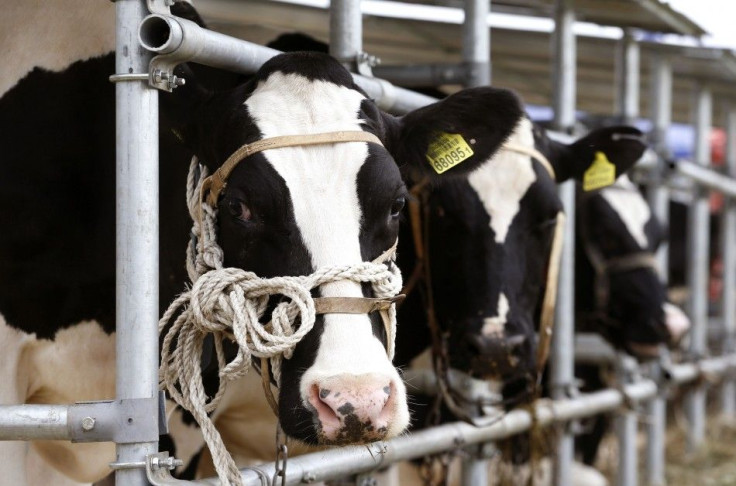New Zealand Loses Access To Farm It Invested In Saudi Arabia; Govt Says It Was For Salvaging Ties

New Zealand government has come under fire from the opposition for investing more than NZ $11.5 million at a demonstration farm in Saudi Arabia yet not having proper access or contractual rights over it. According to reports, almost 1000 breeding ewes were airlifted from New Zealand to the farm near Dammam, fully owned by Sheikh Hamood Al Ali of Khalaf's Al-Khalaf Group.
New Zealand is justifying the investment saying that it wanted to showcase the strength of Kiwi agribusiness. But the farm is fully private and this has been conceded by New Zealand Trade and Enterprise in a correspondence with the Taxpayers' Union. The NZTE admitted that it has no access to the farm. "The Saudi farmer can lock the gate and New Zealand officials can do zip," quipped Taxpayers' Union executive director Jordan Williams.
Private Farm
However, NZTE also added that it has a close working relationship with the Al Khalaf Group and can still manage access to the farm. Some recent visitors to the farm included agricultural delegations hosted by Al Khalaf group and one New Zealand company. Throwing more light on the investments in the farm, George Assaf, Al Ali Khalaf's Sydney-based business partner said the farm fit-out was done to "compensate" for New Zealand's ban on live sheep exports for slaughter. The 2003 ban implemented by the Labour Government became a thorny issue between New Zealand and Saudi Arabia. The ban was further extended by National and the Saudi Investor claimed he lost millions of dollars from the ban. The matter further led to the delay of New Zealand’s proposed FTA with Gulf Cooperation Council, which is yet to take off.
Appeasing Saudi Arabia
Defending the New Zealand’s position on the farm investment, Foreign Minister Murray McCully released a document, earlier presented to Cabinet in 2013, that made a strong case for New Zealand's investing in the farm. The document warned that the tension from the ban on sheep exports "poses a major threat to New Zealand's trade and economic interests” in the Middle East. The foreign minister noted, “even if we achieve nothing more than the removal of the source of major aggravation in the relationship, while creating a hub for New Zealand businesses to launch into the Middle East and Africa, the farm proposal would be justified." McCully also raised the threat of possible legal action and hefty damages being sought by Saudi investors as they had received legal advice for it.
But Green MP James Shaw attacked the farm deal in Parliament and said the rationale of investing in the farm is looking shaky. "It is starting to look more and more like this was a pay-off to a disgruntled, influential businessman, rather than a genuine business deal." Shaw also questioned how the New Zealand ewes could withstand the heat of Saudi Arabia, and asked the government whether it is aware that the company that won the tender to fly the sheep was part-owned by Al Ali Khalaf, reported NZ Herald.
(For feedback/comments, contact the writer at k.kumar@ibtimes.com.au)





















